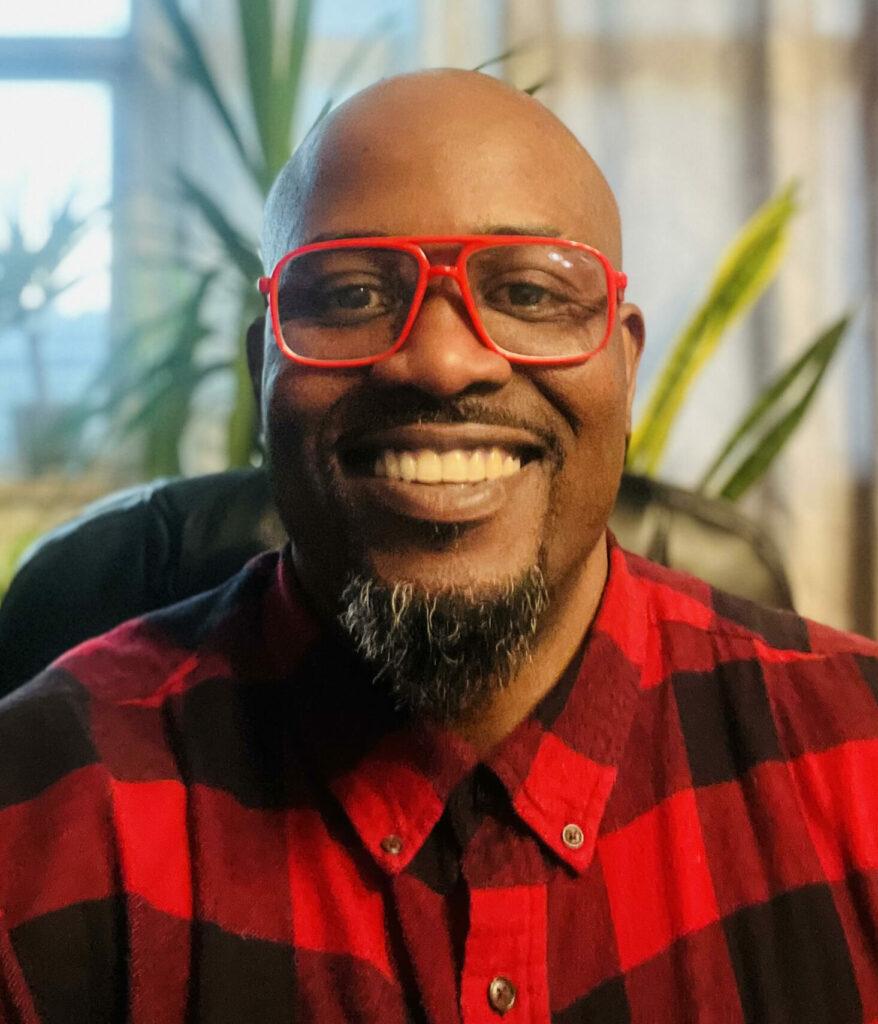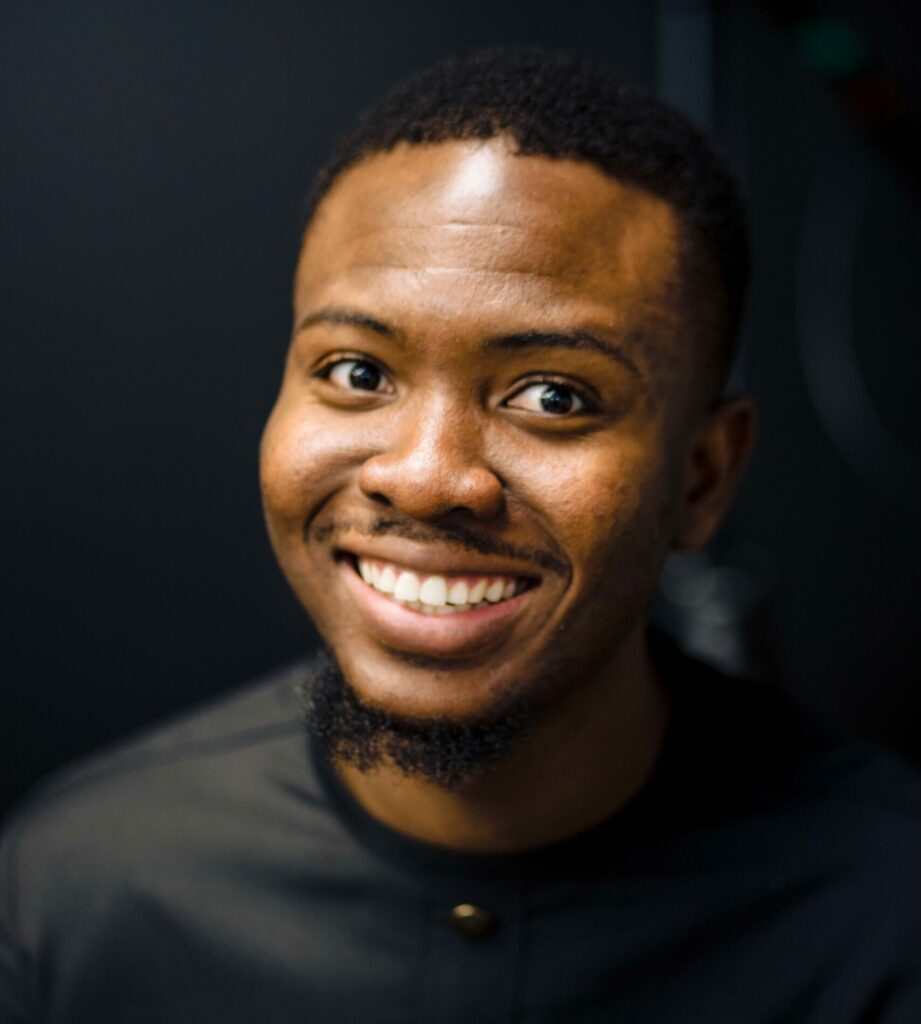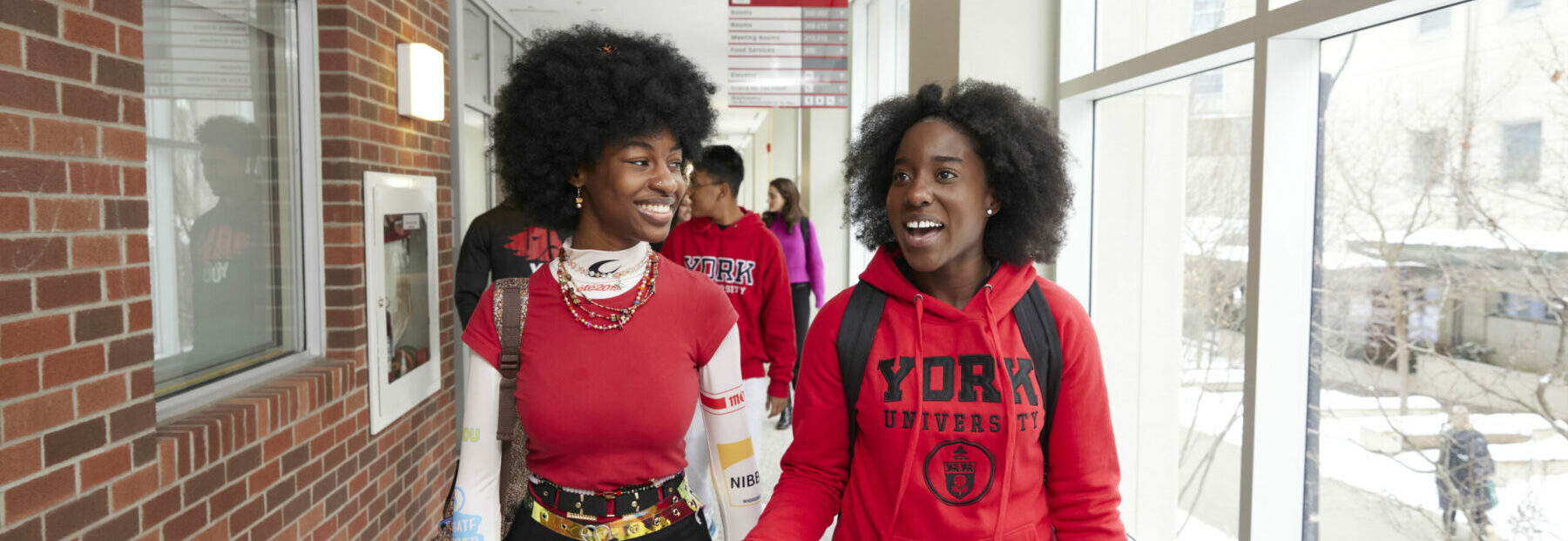By Elaine Smith
When Brandon Hay began working toward his master of environmental studies (MES) degree at York University in 2014, he was the only Black male in many of his classes.
“I consistently asked myself if I belonged here,” he said. “I questioned how much of myself to bring to class, wondering whether my fellow students would understand me.”

Hay discovered a sense of community as a graduate assistant to the Transitional Year Program, but he hopes that current plans to implement a pilot Black Mentorship Program at the Faculty of Environmental & Urban Change (EUC) this fall will offer incoming students support from the start of their university careers.
The Faculty is launching this Black student-to-alumni mentorship program in accordance with EUC’s Black Inclusion Plan to enhance learning opportunities and support for Black EUC students.
“Black students need spaces where they can talk about things that affect them, whether it’s anti-Black violence happening in the United States or their own experiences,” said Hay, founder of the Black Daddies Club. “If this program is centralized [within York or the Faculty], they won’t have to seek out support.”
Hay was a speaker at EUC’s first consultation about how to create a meaningful program to address the needs of EUC’s Black community, held on March 22. EUC staff members Rosanna Chowdhury, experiential education coordinator, and Joanne Huy, alumni engagement and events officer, co-led this hybrid event with Senior DEDI Advisor, Education and Communication, Melissa Theodore. The event was attended by about 30 faculty, staff, students and alumni. Attendees who were Black and/or members of equity-deserving groups of the York community were willing to share their experiences and offer suggestions for the type of supports that would be useful.
EUC Dean Alice Hovorka opened the session by welcoming those assembled in person and attending virtually, followed by Hay’s talk. Participants then took part in a knowledge building circle, discussing how EUC could support Black students and Black futures through community engagement, representation and education. Afterward, there were breakout sessions focused on each of these topics individually. The organizers will use the information provided by participants to consider how to shape the pilot program.
Chowdhury led the community engagement breakout sessions with Huy and Theodore and found that the discussion centred around building and sustaining community. Participants touched on having recurring events and meetings in a space where individuals can participate. They also mentioned the importance of finding ways to be inclusive of all their intersecting identities.
“The conversation flowed,” Chowdhury said. “This was a good first step. The goal is to prepare a report on the information we gathered and share it with the attendees and the community as it will inform the best practices for the mentorship program. We will also host a second event or a survey to gather additional input. Once we get feedback, we’ll design a pilot program for September 2023 launch.
“We’re not sure yet what that program will look like. It could become a community mentorship program where a group of students is mentored by more than one person, or we might create a space for people to meet and find their own mentors. It could be a mix of models.”

Lord-Emmanuel Achidago, a second-year master’s degree student in geography from Ghana, expressed particular interest in career mentorship.
“I’d like insights on opportunities that exist and networking to help meet other people in the field,” he said. “Talking to people with more experience can be enlightening. They can advise you on the other skills you need to develop to get a competitive edge.
“When you meet people who share your identity, it’s easier to connect.”
Chowdhury is confident the program will reap rewards for the participants. “There are many people with a common interest in making it succeed,” she said.
“Not only will the pilot program assist our Black students, but it will help inform future EUC mentorship programs focused on supporting all students from marginalized groups.”


